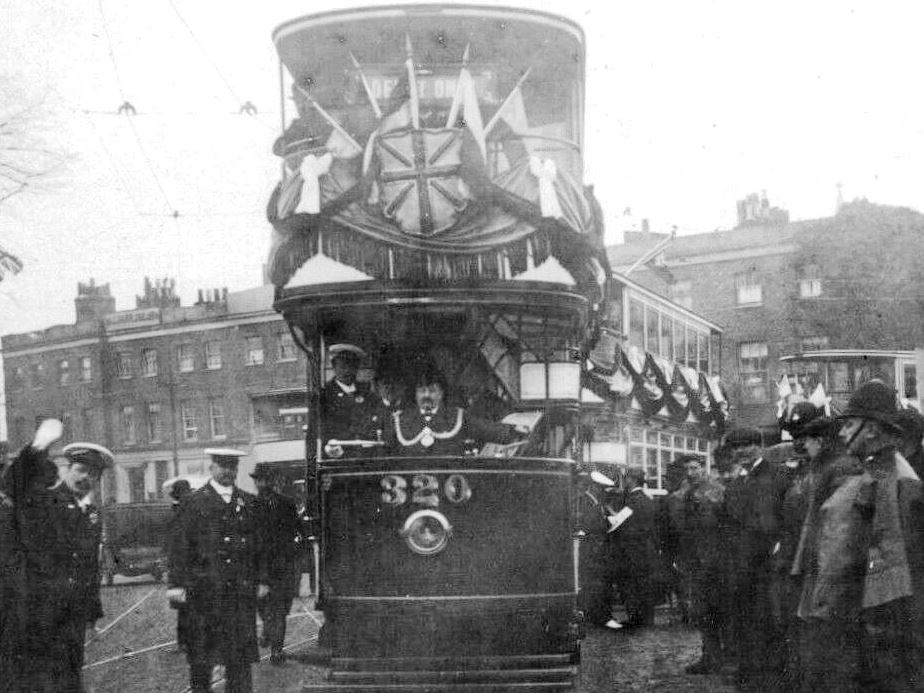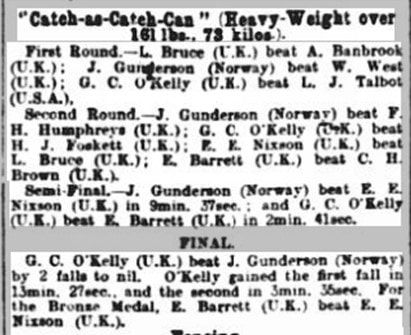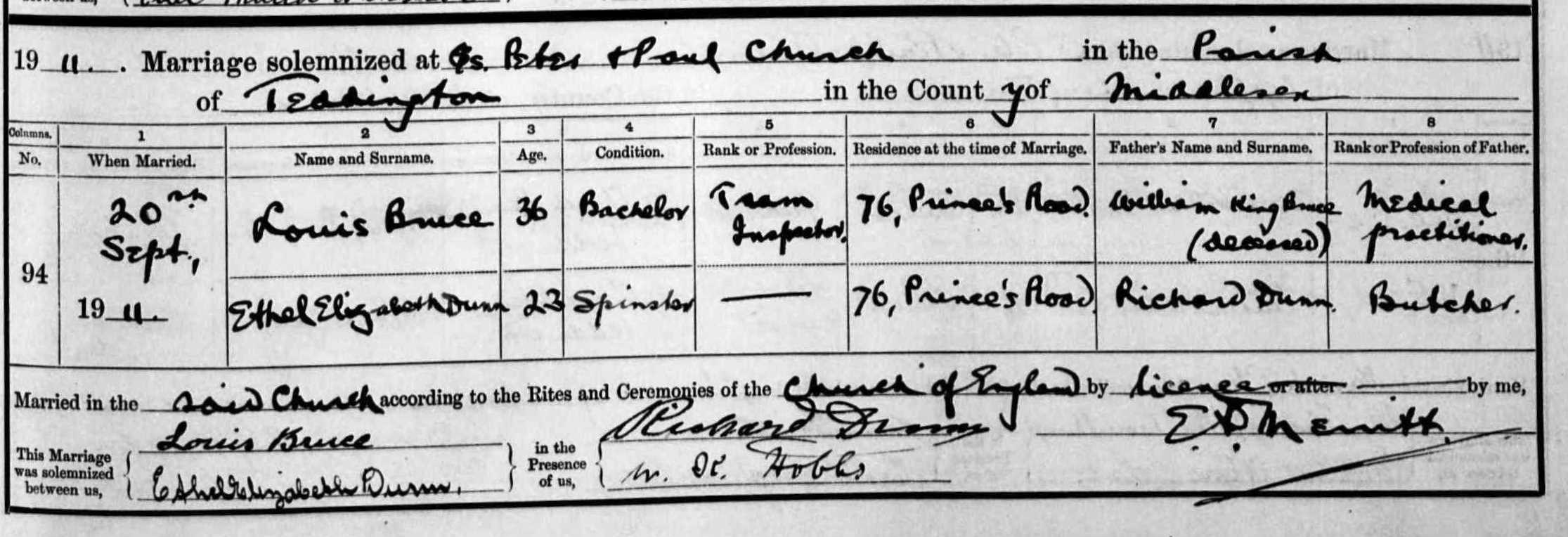He comes across as a remarkable character. He was born in Edinburgh in 1875, an illegitimate birth to a widowed mother from Plymouth, then brought up in Devon by his grandmother before heading to the capital for work. He was taken on by London United Tramways, passed his tram licence in 1900 and worked for the company for at least 20 years, based at Fulwell Depot, rising to the rank of Inspector.
Being a tram driver was a tough job, standing on the open platform in all weathers, directing a large machine with a load of passengers on board. However, he was clearly good at it, being the personal driver for the managing director of the company, Sir James Clifton Robinson, who had a private tram at his house for going to and from work.
He was not the only black driver at LUT as, in contrast to the racist attitudes of the time, Robinson was enlightened enough to be quoted as saying: 'I make no distinction in race, colour or creed; all I want is steady, reliable men of good character, no matter what they have been.' (Weekly Dispatch, 6 September 1903)
Sadly, not everyone agreed with those sentiments. Another black driver with LUT was Alexander Frazer, born in Jamaica. In 1905 he had lost his job and was convicted (probably unfairly) of street gambling near his home in West London. At his trial, the presiding magistrate was reported as saying to him 'Why don't you get back to Jamaica and grow bananas?'.
During WW1, being too old for military service, he left his tram duties to work as a hospital auxiliary for the British Red Cross. Then, after the war he continued as an Inspector before opening a newsagent shop. He died in Sutton aged 82 in 1958.
He has a complicated family background. His mother was Jane Elizabeth Mortimore (1842-1925) who married Henry Doney, a cab proprietor, in Plymouth in 1862. They had six daughters in quick succession before Henry died in 1870 aged just 33.
In the 1871 census, the newly-widowed Mrs Doney had four daughters with her in Plymouth, while the other two were staying nearby with her mother and sisters. There is nothing to indicate Jane Doney had ever been outside Devon before, but four years later she was in Edinburgh, giving birth to an illegitimate son. What took her to leave her family and travel to Scotland is unknown, although she described herself on the birth certificate as a Lady's Nurse.
The full name given to the boy was Louis Bruce McAvoy Mortimore or Doney. His father was not named but, assuming the mother was white, he must have been black.
The place of birth was Paradise Cottage in Morningside, which was then a growing suburb at the southern edge of Edinburgh. It was close to the entrance to the Royal Edinburgh Asylum but there is nothing to link Jane Doney with the institution - neither she nor any potential father is named on their staff lists.
The assumption must be that Jane took up a job as a Nurse and, despite the need to leave her daughters behind, that job somehow took her to Scotland where she had the relationship that led to Louis being born. She spent at least several weeks in Edinburgh as the birth was not registered until February, but then appears to have returned to Plymouth as she remarried there in 1879; she had another son with her new husband, Richard Dingley Hobbs. Louis, meanwhile, was now using the surname of Bruce, and was brought up in the village of Plympton St Mary by his grandmother and aunts.
The only clue to the identity of his father comes from Louis' marriage certificate, where he named him as William King Bruce, medical practitioner. So far, all attempts to identify this man have failed, so perhaps this was a false name, or someone who was only briefly in this country. There is also a mystery about the origin of Louis' other given name, McAvoy, as there is nobody of this name in his mother's family, so again one can only speculate.
While the search for the full story of Louis Bruce continues, his discovery as a pioneering black athlete is yet another example of sports history having to be rewritten.
Louis Bruce, Olympic wrestler
Born 17 December 1875 in Edinburgh
Died 31 March 1958 in Sutton





 RSS Feed
RSS Feed